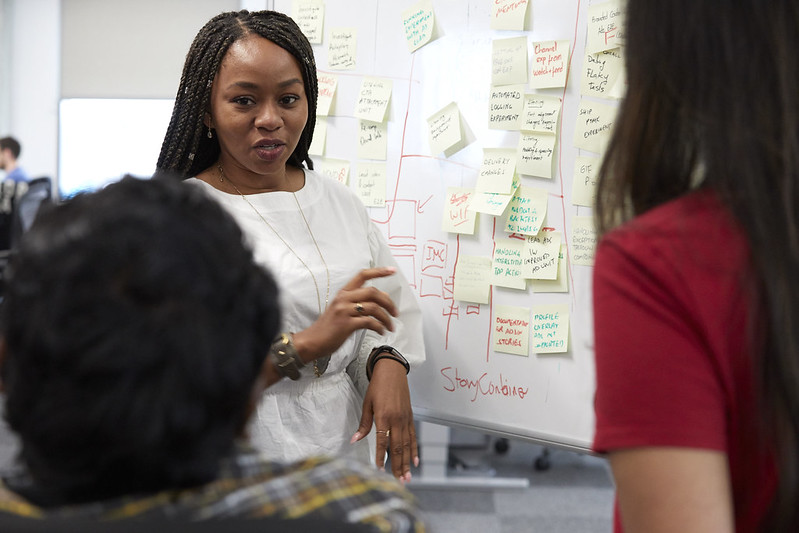
Key findings of the report
Through a thorough examination of data and real-world examples, this report illuminates how prioritising EDI (equality, diversity and inclusion) is a strategic imperative for driving business success in engineering. From attracting top talent and enhancing innovation to reaching broader markets and mitigating risks, embracing diversity and inclusion is not only the right thing to do but also a driver for achieving sustainable growth and competitiveness in the engineering industry.
In the context of an engineering skills shortage, which inhibits the full potential of engineering’s economic and social contribution, advancing EDI can help businesses to attract and recruit engineers, retain and progress top talent, and unleash their creativity for more innovative engineering solutions. Businesses that advance EDI can open more access to funding, contracts and partnerships, while mitigating legal and reputational risk.
Why equality, diversity and inclusion matters in engineering
Engineers shape the world we live in, and by embracing diversity, they can unlock new ideas and develop more effective, inclusive, and safe solutions for everyone. However, despite its importance, EDI remains under adopted by many organisations in the engineering sector. Studies show that diverse companies can outperform their less diverse counterparts in several respects. Inclusive workplaces lead to higher employee motivation, improved performance, and greater innovation. By prioritising EDI, companies can boost their commercial performance and unlock wider benefits for individuals and the economy.
Driving benefits across the 4 Ps
Our report highlights how EDI drives benefits across the four key areas of People, Products & Services, Partners, and Processes in engineering businesses:
Improving companies' business and engineering performance across these 4Ps brings holistic benefits to society. This approach fosters fairer outcomes for engineers, fuels sustained growth in the engineering economy, and ultimately empowers the engineering sector to make a more significant contribution to the UK economy.
Challenges and opportunities
Despite progress, the engineering industry still lacks diversity across various groups, leading to disparities in pay, opportunity, and leadership positions. However, there's growing momentum for EDI in engineering, with initiatives such as narrowing the gender pay gap and promoting inclusive design standards.
Guiding principles for advancing equality, diversity and inclusion
How can your business improve their engineering performance across people, products or services, partners, and processes and ultimately drive benefit to the entire engineering ecosystem? Our full report can help business of all sizes to achieve this by providing five simple steps for building a fairer and more inclusive workforce. These include:
- Understand your starting point: Assess current EDI practices through data collection.
- Collaborate with experts and partners: Collaborate with external experts and partners, and engage with Royal Academy of Engineering programmes.
- Adopt a leadership-driven approach: Drive EDI efforts strategically with senior leadership support.
- Tailor initiatives to organisational needs: Set goals that are measurable and achievable.
- Cultivate a culture that embeds EDI: EDI is integrated into everyday practices.

Our Academy EDI initiatives can help you on your journey

Culture+
Culture+ is an online platform that provides practical tools and support on key equality, diversity, and inclusion issues facing startups, scaleups, and SMEs.

GEEP
GEEP (Graduate Engineering Engagement Programme) is our award-winning programme run in partnership with engineering employers, aims to increase the transition of engineering graduates from diverse backgrounds into engineering employment.
